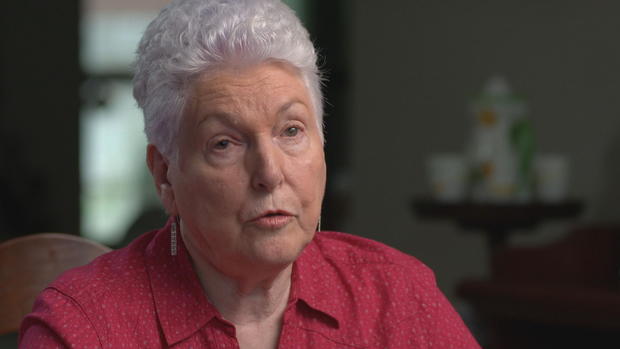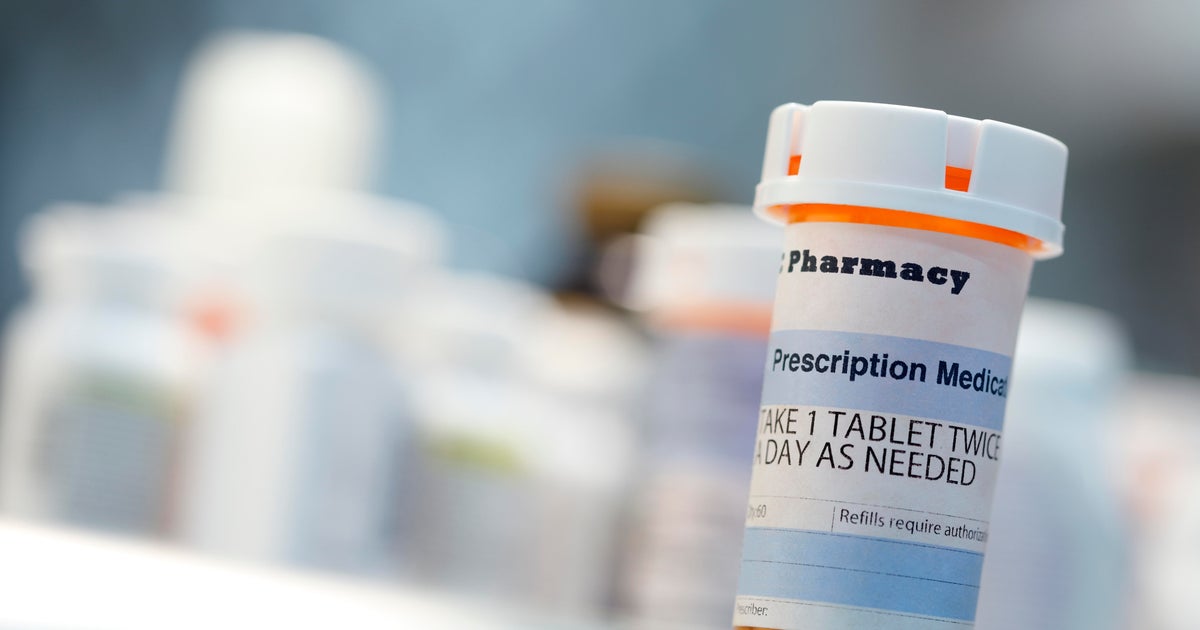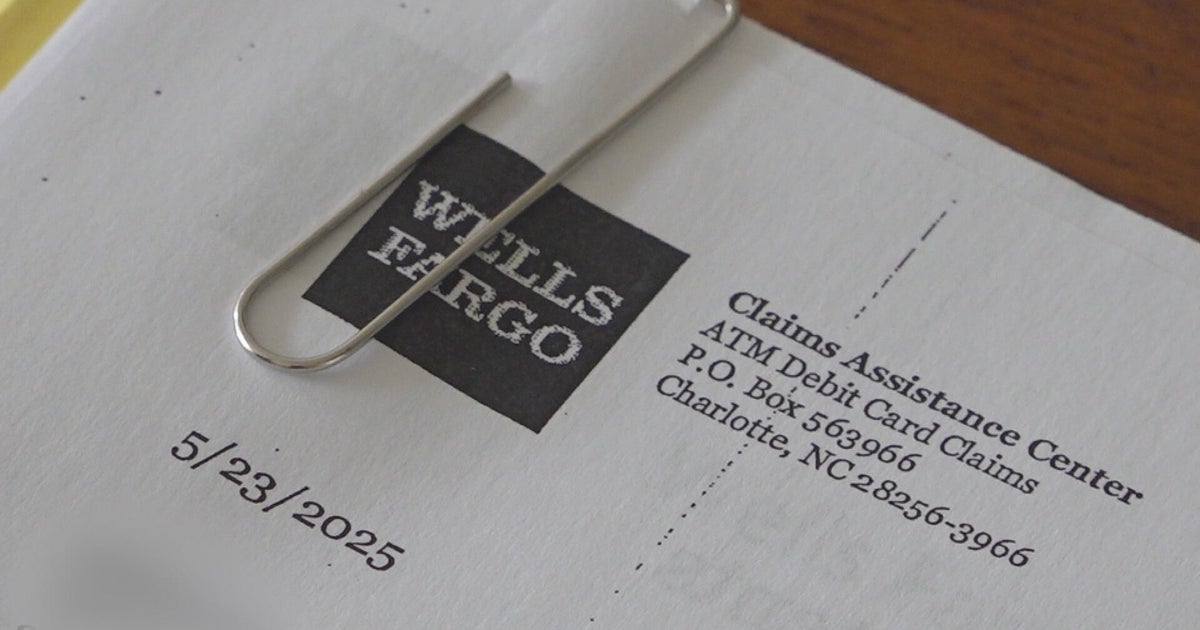Woman says experimental stem cell procedure for eye disease was "too good to be true"
The federal government is cracking down on what it describes as "unscrupulous" stem cell clinics selling unapproved treatments for eye problems like macular degeneration. Many people with fading vision have turned to stem cell therapy, believing it's their only shot of reversing their conditions. But the federal government hasn't approved the treatments, so they're being performed as clinical research, reports CBS News correspondent Manuel Bojorquez. While some patients have reported improvements, others have fared much worse.
"It just sounded – this is stupid to say but, too good to be true, and it was too good to be true," Doris Tyler said.
It was the promise of hope against the incurable disease blurring Tyler's vision. She said workers at a clinic in Georgia repeated a claim on their website that "stem cells may be effective in the treatment of macular degeneration."
"I'm sure you talked it over pretty extensively," Bojorquez said.
"Oh, yeah," Tyler responded.
"What was the consensus that you reached with the information that you had?"
"Well, that it was worth a try," Tyler said.
Tyler and her husband, Donald, paid $8,900 for an experimental procedure in which the clinic removed fat from her belly, harvested stem cells from it, and injected them into her eyes. Within three months she said both her retinas had detached, leaving her blind.
"So hard not to see the sunshine and the birds out on the birdfeeder and the beautiful flowers that Don has planted in the yard. It's – it's just terrible," Tyler said.
The Tylers have filed a lawsuit against the clinic and the Cell Surgical Network, with which it's affiliated. They're represented by Andrew B. Yaffa from the law firm Grossman Roth Yaffa Cohen. The suit claims the "risk of danger" from the procedure "outweighs the non-existent benefits of a therapy with no evidence of therapeutic value."
Scientists say stem cells are capable of generating different types of cells and tissues. They offer the possibility of treating conditions like heart disease, diabetes and stroke.
Despite sales pitches by the founders of Cell Surgical Network – including Dr. Mark Berman who called them "magical cells" or Dr. Elliott Lander, who said, "they are capable of fixing anything" – the FDA hasn't approved the treatments. In fact the agency has warned about "unscrupulous providers" who "offer stem cell products that are both unapproved and unproven." The Justice Department has filed civil cases against Cell Surgical Network and another provider, accusing them of a "persistent refusal to comply with the law" and seeking to prevent them "from experimenting on patients."
"Honestly, my impression is that there is minimal, if any, regulation," said Dr. Thomas Albini, who teaches at the Bascom Palmer Eye Institute.
He examined Tyler and others who've reported vision loss after stem cell injections. He warned patients should beware of any treatment that isn't FDA approved and any providers who charge for participation in research.
"When they go to these clinics, they're stepping outside of mainstream American medicine," Albini said.
Yet there have been some apparent success stories.
"We have to do something. We can't just sit back and wait for Mother Nature," stem cell patient Beth Gerstbauer said.
Gerstbauer owns a machine shop in Elkhart, Indiana. She reports macular degeneration robbed her of the ability to read and see faces. She estimates spending about $60,000 for three procedures using stem cells from her bone marrow.
"I knew I didn't have much choice. It was either that or go completely blind, and that was unacceptable," Gerstbauer said. She said she can now see the people she's talking to and read, with the help of a magnifier.
"I would do it all over again," Gerstbauer said.
The Cell Surgical Network wasn't involved in Gerstbauer's treatment. But in an email to CBS News, one of its founders said this is a "new way of helping patients heal," insisting "it is safe" and "clean." In a statement, the organization said it shares the "concern for patient safety" yet "strongly rejects the idea that a person's own cells should be regulated by the FDA as a drug."
Doris and Donald Tyler said they want others to hear their story before considering these treatments.
"God knows I don't want anybody else to go through what I'm going through right now," Tyler said.
The Georgia clinic that treated Tyler declined to comment. Federal regulators advise those considering stem cell treatments to ask if the FDA has reviewed the treatment, and to make sure they understand all of the known risks before signing the consent form to participate in a clinical trial.




